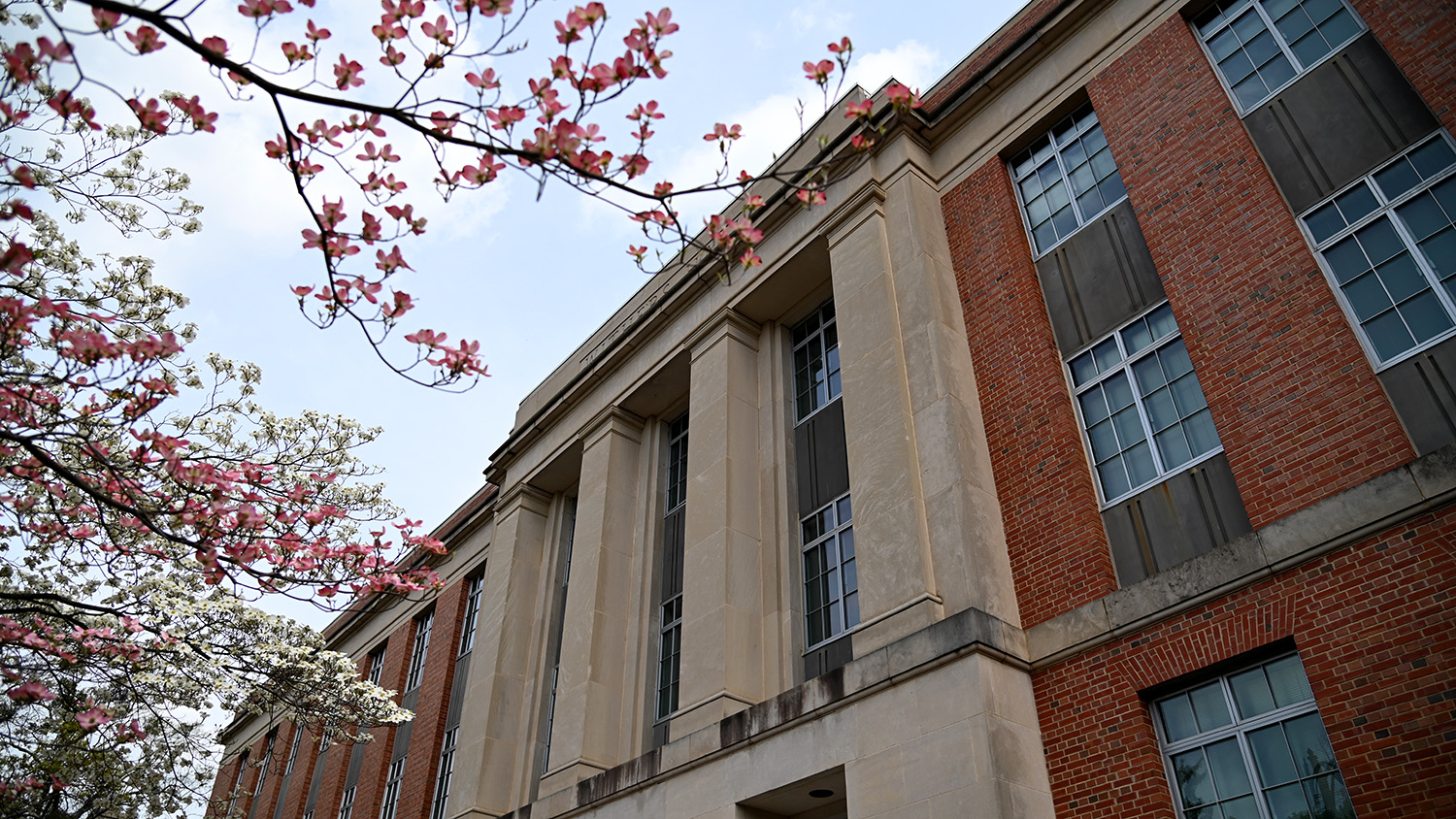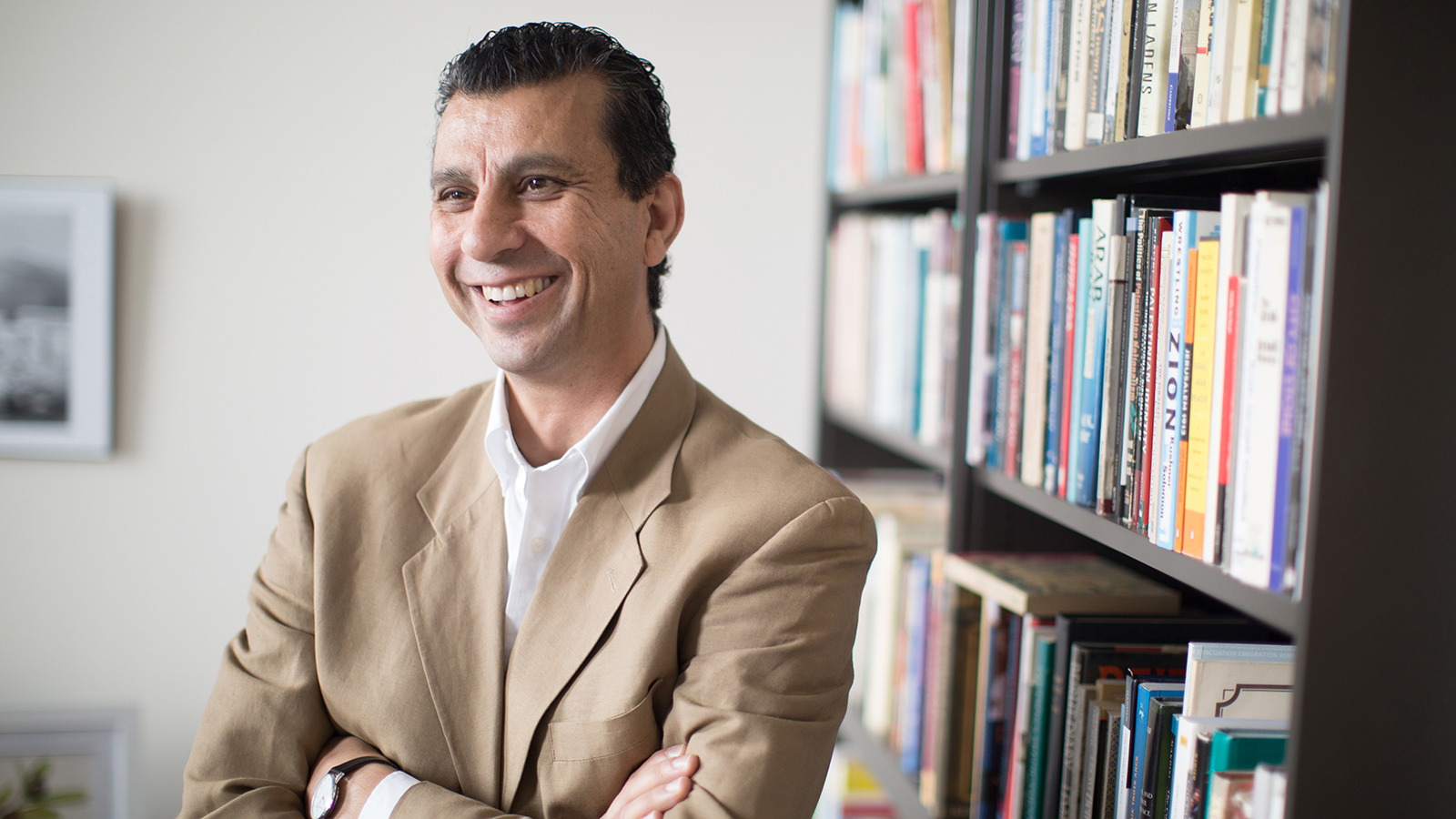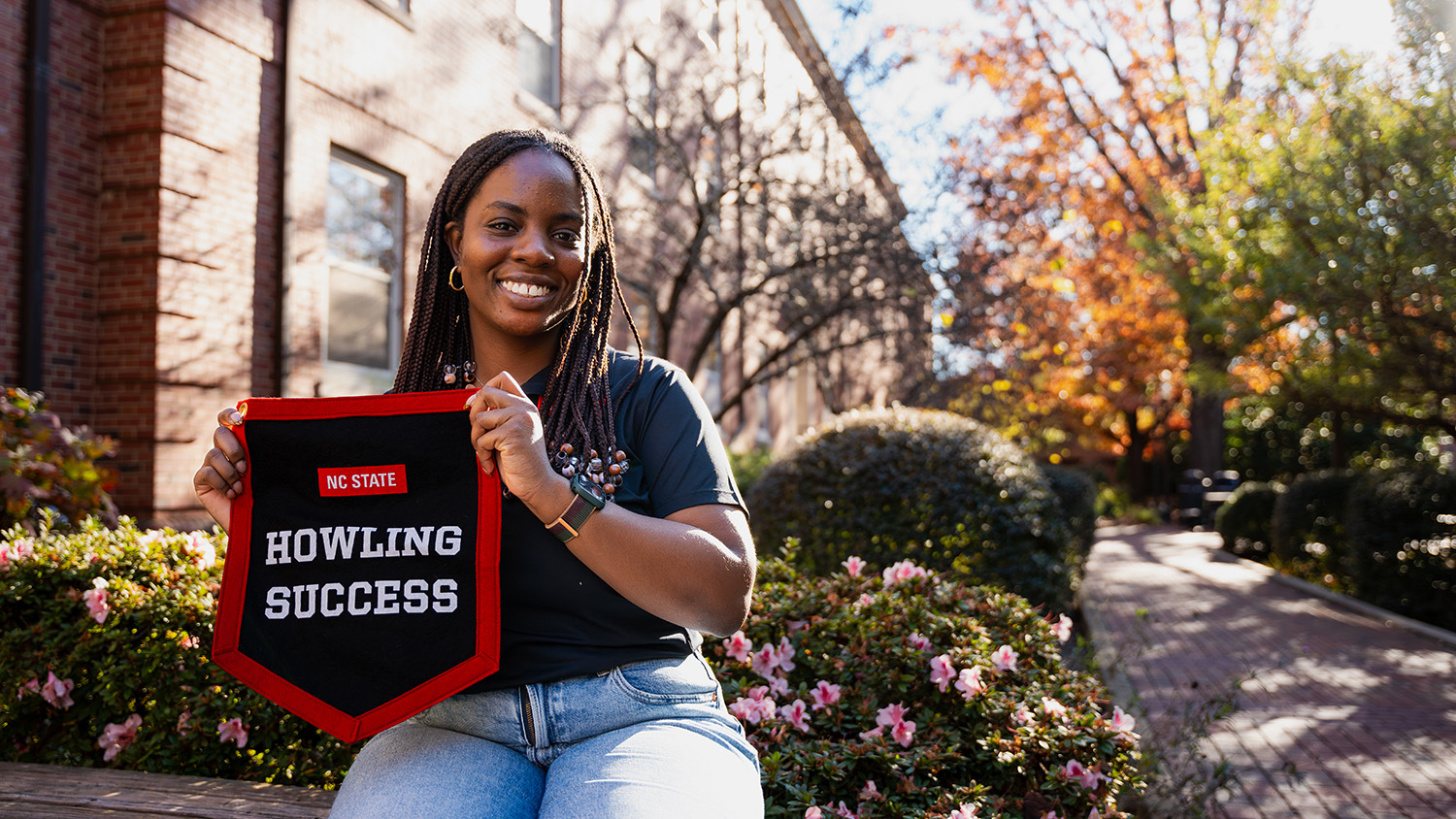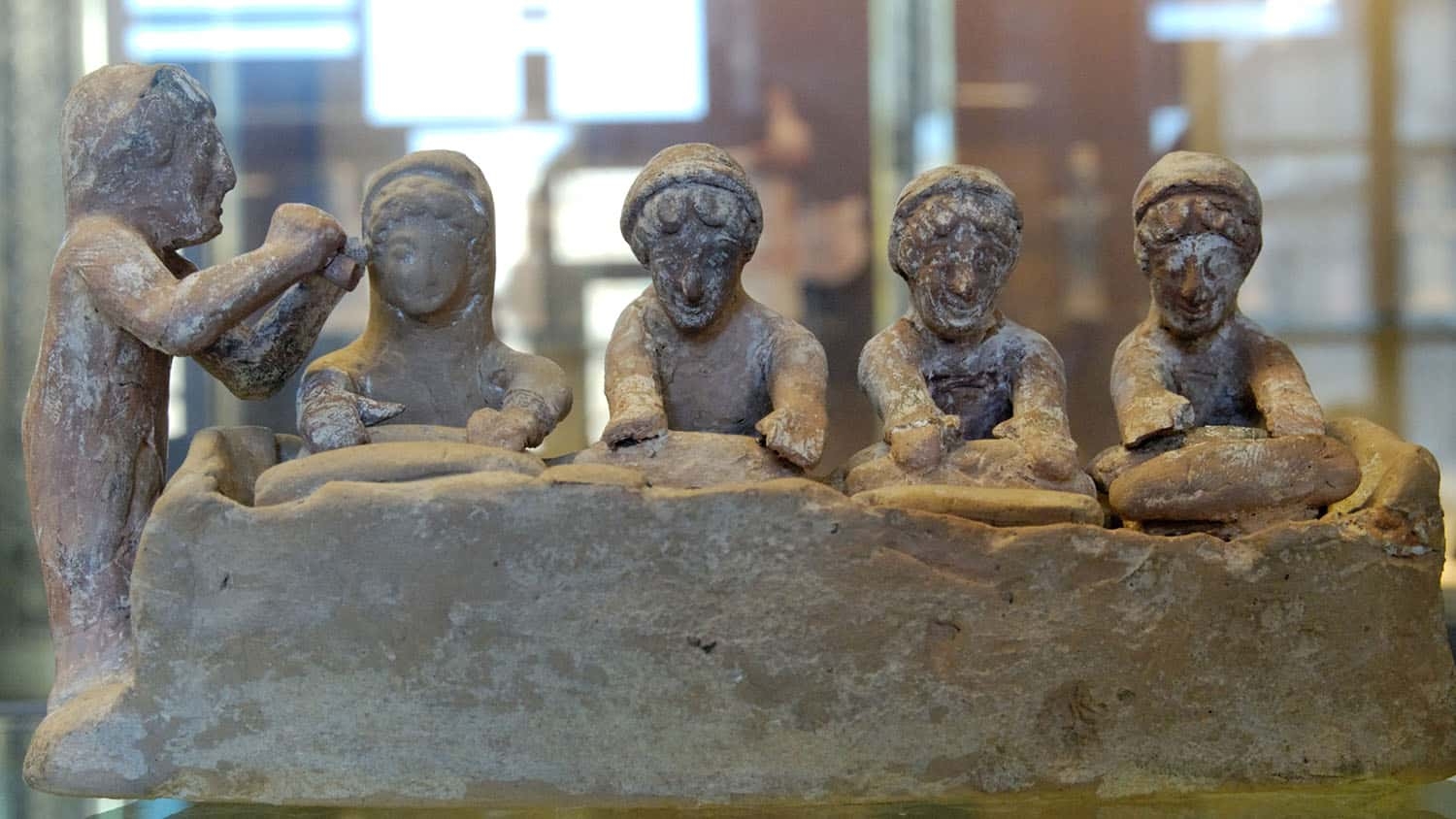Two Humanities and Social Sciences professors will work on individual research projects during yearlong fellowships at the National Humanities Center.
The center named history professors Xiaolin Duan and Frederico Freitas two of 35 scholars who will serve as resident fellows during the 2023-24 academic year. Duan and Freitas will each work on their respective projects during their stay.
Duan, an associate professor of Chinese history, will work on her book project, tentatively titled Three Cities of the Early Modern Pacific: Connections and Conflicts Between the Ming Dynasty and the Spanish Empire.
In describing her project, Duan said the Pacific silk trade in the 16th and 17th centuries generated many connections and conflicts between the Ming dynasty and the Spanish Crown. This project examines the interaction between the two from the perspective of urban space.
“Examining Zhangzhou, Manila and Mexico City, this research reveals how globalization created connections in daily life, including urban infrastructure and immigration, while causing conflicts and further suspicious attitudes on the state/empire level,” she added. “This work demonstrates that early modern globalization is not a singular term but involves multiple ‘globes.’ It meant different things — spatially and culturally — in diverse urban contexts.”
She explained that the book’s goal is to analyze and integrate miscellanies, travelogues, gazetteers and government correspondence to uncover how place, people and ideas were intertwined and circulated in the urban context. “This book will link the study of early modern China to historical themes of globalization, mobility and urban studies,” she said.

Freitas, an associate professor of digital and Latin American history, will work on his second academic monograph, Concrete Tropics: An Environmental History of Brazil’s Modernist Capital. His monograph investigates the environmental history of Brazil’s modernist capital, Brasília, built in the late 1950s in a sparsely inhabited tropical savanna at the country’s center.“As a planned city built according to modernist principles, Brasília often is cited as the ultimate example of the artificiality of mid-twentieth-century planned urban life,” Freitas said. “The city’s monumental architecture, car-centric grid system and functional master plan have set the boundaries for most of the scholarship produced about Brazil’s new capital.”
The goal of this project, he added, is to understand Brasília through different lenses by exploring the role of nature in the city’s development, from the initial mapping of a planned inland capital in the 1890s through its construction in the 1950s and continuing to the present. Concrete Tropics works to answer a series of questions, including what was nature’s role in shaping Brasília’s development during its construction and after its completion.
Concrete Tropics also shows how Brasília and the society it created are the products of the successes and failures of modernist planning and the environmental processes that shaped the city’s construction, he said.

The National Humanities Center, located in the Research Triangle Park, offers nearly 40 residential fellowships each year for advanced study in the humanities. Duan and Freitas were selected from a pool of 541 applicants. They join a group of 33 NC State humanities scholars who have also served as fellows since 1978.
Duan has been a faculty member in NC State’s Department of History since 2018. She is the author of articles and book chapters on topics ranging from the cultural geography and visual culture in premodern China to early modern China-New Spain silk trade.
Her scholarship centers on the socio-cultural history of medieval and early modern China, particularly urban history, popular religion and visual/material culture. For more information on her work, visit Duan’s faculty page.
Freitas has been a faculty member in NC State’s Department of History since 2016. He is a member of the Visual Narratives cluster, a project launched by the Chancellor’s Faculty Excellence Cluster Program to foster interdisciplinary collaboration between engineering and humanities disciplines.
His research deals with the history of Latin America, especially Brazil, in the 19th and 20th centuries and focuses on the intersection between the environment and society, with a particular interest in the spatial and social implications of environmental policies. For more information on his work, visit his faculty page.
- Categories:



